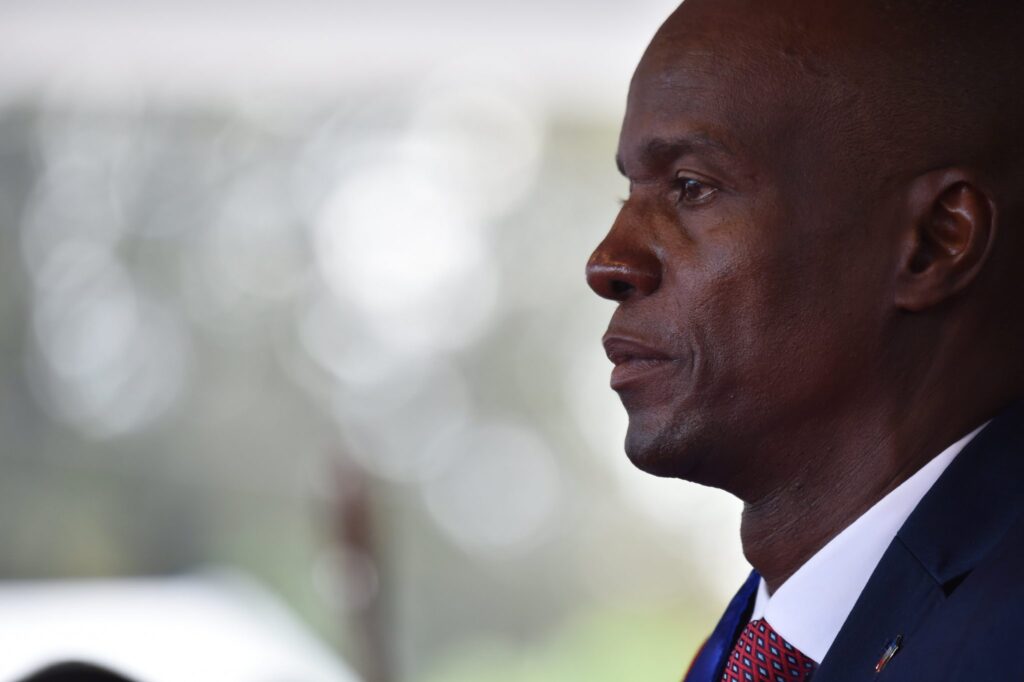When the RNDDH report was first released on August 20, 2021, it painted a grim picture of betrayal, chaos, and complicity surrounding the assassination of Haiti’s de facto President Jovenel Moïse. Now, looking back, the findings feel less like a closed chapter and more like an open wound on Haiti’s history. The report revealed how the president’s own security detail — the people paid to guard him, stood by or even facilitated the operation that led to his brutal murder at Pèlerin 5. It highlighted the failures of the nation’s intelligence services, the eerie silence of officials during his desperate calls for help, and the shocking ease with which mercenaries infiltrated the presidential residence.
More than two years have passed, and yet the same haunting questions linger. Who truly orchestrated this plot? Why has there been no accountability for the senior officials who either looked the other way or actively participated? The RNDDH’s findings read like a damning indictment of Haiti’s security apparatus, but they also feel like a warning: as long as impunity reigns, the nation’s leaders remain as vulnerable as its people.

